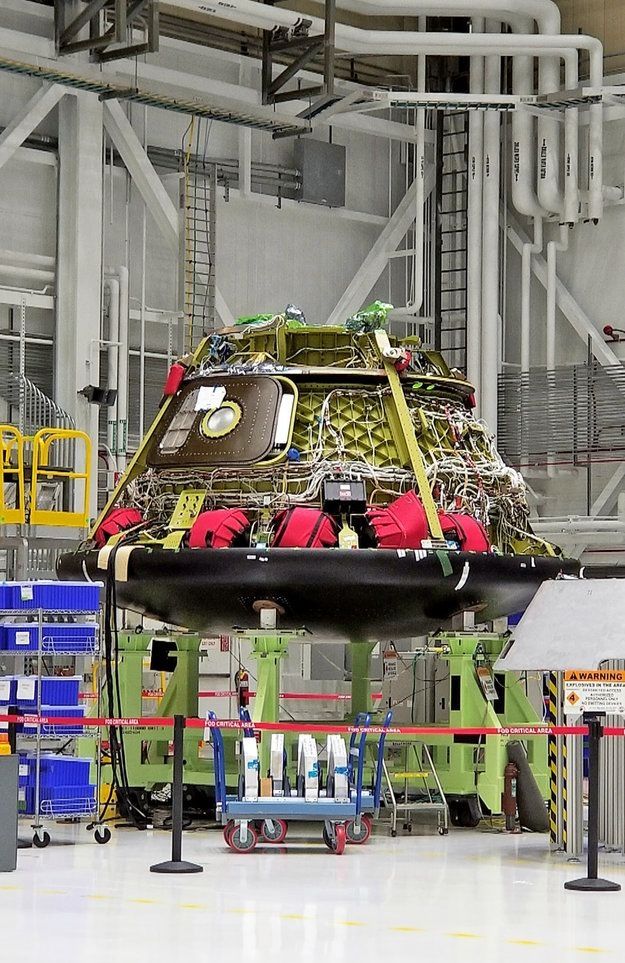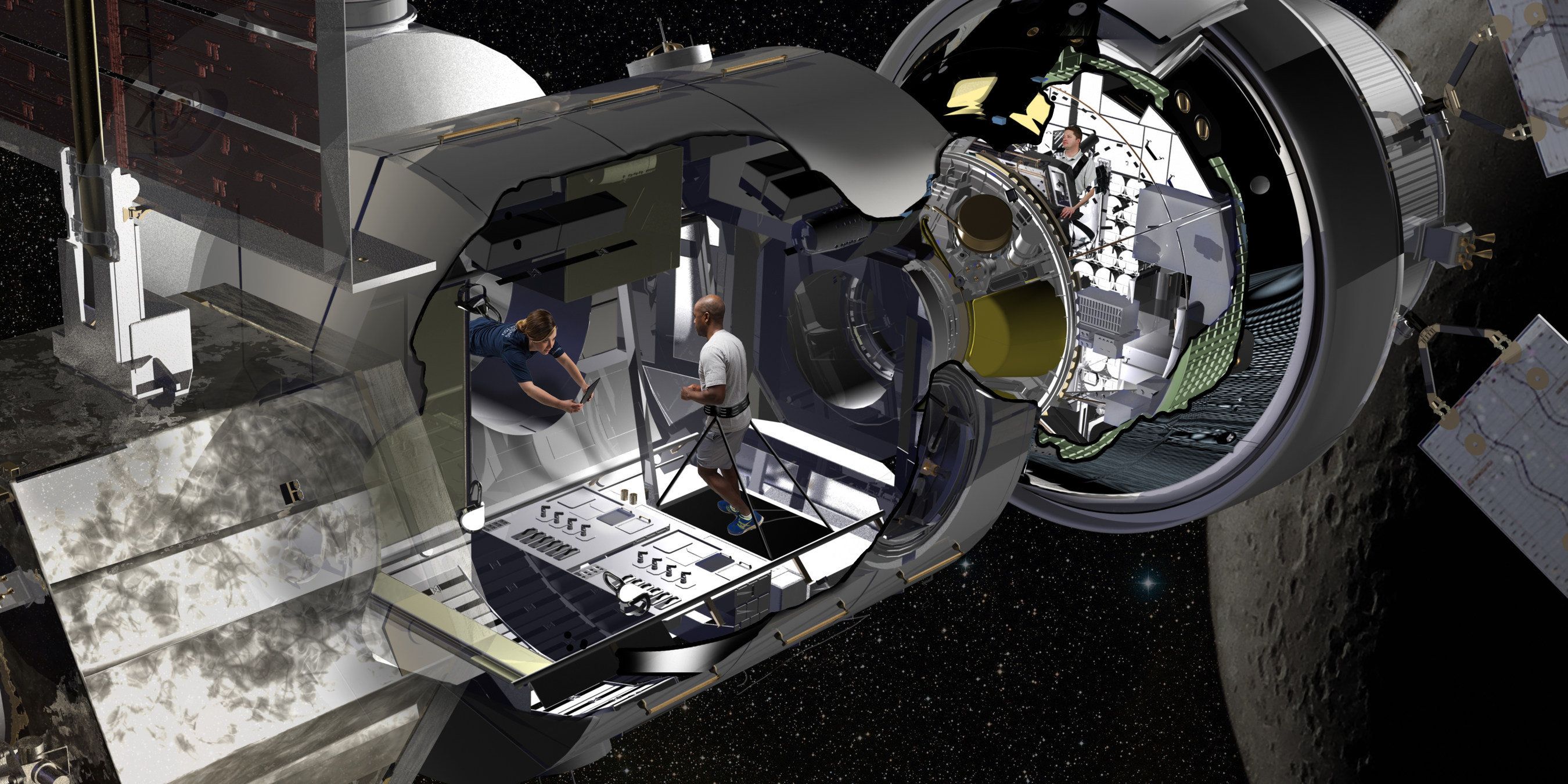New builds are light on features, focused on fixes.





A massive cylindrical habitat may one day house up to four astronauts as they make the trek to deep space.
Lockheed Martin gave a first look at what one of these habitats might look like Thursday at the Kennedy Space Center, where the aerospace giant is under contract with NASA to build a prototype of the living quarters.
Lockheed is one of six contractors—the others are Boeing, Sierra Nevada Corp.‘s Space Systems, Orbital ATK, NanoRacks and Bigelow Aerospace—that NASA awarded a combined $65 million to build a habitat prototype by the end of the year. The agency will then review the proposals to reach a better understanding of the systems and interfaces that need to be in place to facilitate living in deep space.
In recent days, word about Nvidia’s new Turing architecture started leaking out of the Santa Clara-based company’s headquarters. So it didn’t come as a major surprise that the company today announced during its Siggraph keynote the launch of this new architecture and three new pro-oriented workstation graphics cards in its Quadro family.
Nvidia describes the new Turing architecture as “the greatest leap since the invention of the CUDA GPU in 2006.” That’s a high bar to clear, but there may be a kernel of truth here. These new Quadro RTx chips are the first to feature the company’s new RT Cores. “RT” here stands for ray tracing, a rendering method that basically traces the path of light as it interacts with the objects in a scene. This technique has been around for a very long time (remember POV-Ray on the Amiga?). Traditionally, though, it was always very computationally intensive, though the results tend to look far more realistic. In recent years, ray tracing got a new boost thanks to faster GPUs and support from the likes of Microsoft, which recently added ray tracing support to DirectX.


Scottish scientists have developed a liquid battery which could charge electric cars in seconds.
A team at the University of Glasgow has created a prototype system that could revolutionise travel.
The technology uses a metal oxide — described by researchers as an “exotic rust” — that can be charged with electricity when added to water.

This rocket launch by a private Japanese company did not end well. (via Seeker)
Quantum computers aren’t yet practical, but Microsoft has already developed a programming language for them. Q# works inside Visual Studio, just like most other languages, and could offer aspiring programmers a chance to learn the basics of quantum physics through trial-and-error.

The ADAM Research Project, an acronym for Acquisition & Data Analysis of Materials, will focus on the collection and scientific evaluation of material samples obtained through reliable reports of advanced aerospace vehicles of unknown origin.
As a first step, TTS Academy has established a contract with EarthTech International, Inc., (www.earthtech.org) a well-respected research think tank in Austin, Texas, to evaluate the properties of the available materials. Under the leadership of Dr. Harold E. Puthoff, a former Senior Advisor and Subcontractor to the Pentagonfs AATIP program (Advanced Aerospace Threat Identification Program) and current VP of Technology for TTS Academy, EarthTech is well-positioned to head up this materials research plan.